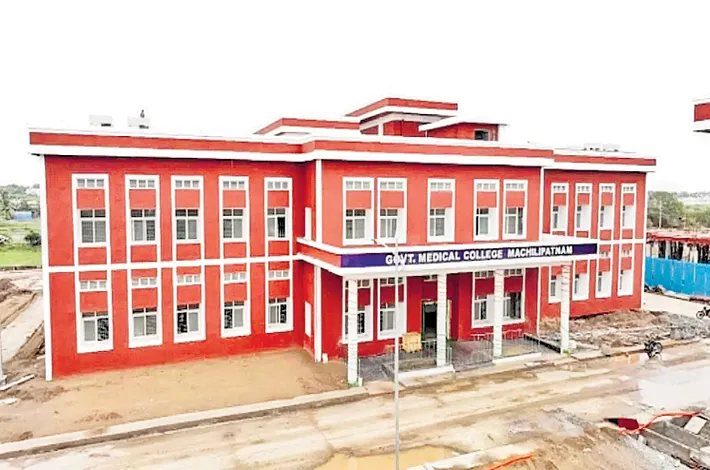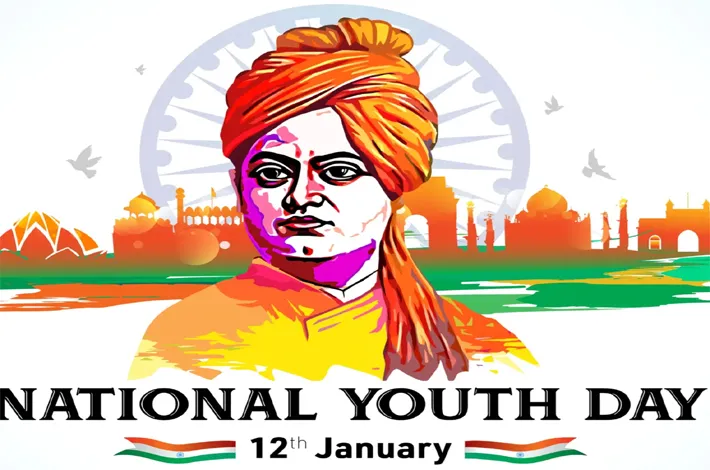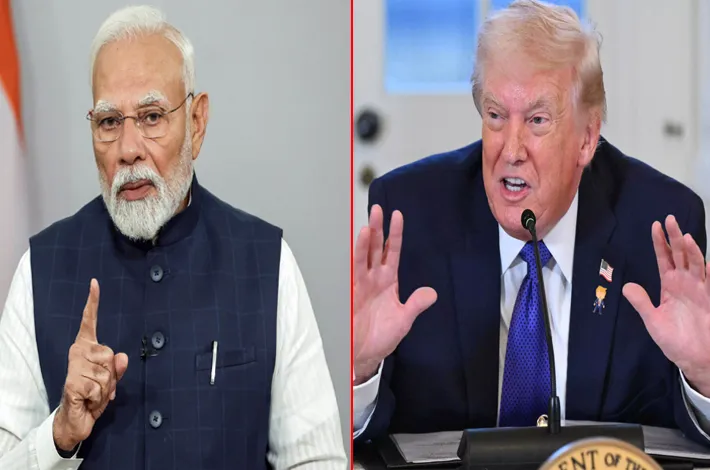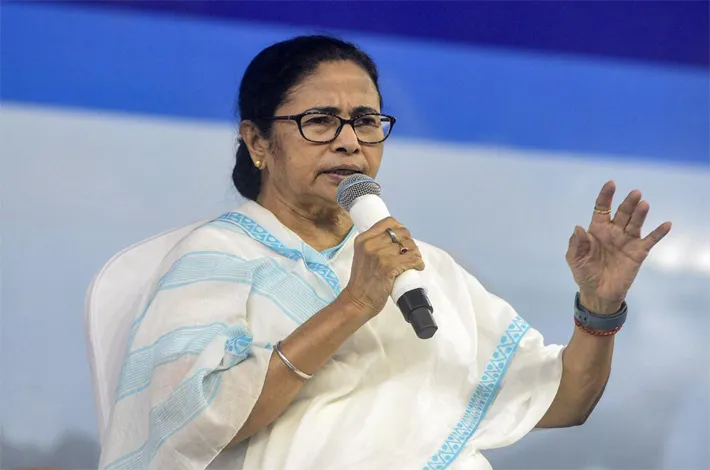Andhra Pradesh Govt to privatise 10 medical colleges
22-11-2025 12:00:00 AM

■ AP first state to privatise government-established institutions
■ Naidu defends the move, assuring tight oversight on fees
■ Opposition parties, student unions and civil groups launch state-wide protests
■ AP High Court declines to stay the policy, stating it cannot interfere in government decisions unless arbitrary
metro india news I hyderabad
In a sweeping policy shift that has triggered intense political and public debate, the Andhra Pradesh government has moved to transfer 10 newly established government medical colleges to private entities under a Public-Private Partnership (PPP) model. The Chandrababu Naidu-led administration argues that the model is essential to overcome fiscal limitations and fast-track the operationalisation of these institutions. But critics warn that the move could undermine the state’s commitment to affordable medical education and public healthcare.
Between 2020 and 2022, the previous YSR Congress Party government announced an ambitious plan to set up 17 government medical colleges at a cost of ₹8,480 crore, aiming to add 2,550 MBBS seats. However, only seven colleges were completed, and five admitted students before the government changed in 2024. While the earlier administration claimed to have spent nearly ₹3,000 crore and designed the new colleges to function as district-level healthcare hubs, independent assessments of their readiness remain unclear.
After assuming power, the new TDP-led government halted works at Adoni and Penukonda in September 2024 and began re-evaluating the financial feasibility of running all 17 institutions fully under government control. A year later, in September 2025, the Cabinet formally approved the PPP route for medical colleges in Pulivendula, Adoni, Markapuram, Amalapuram, Bapatla, Palakollu, Parvathipuram, Narsipatnam, Madanapalle and Penukonda, making Andhra Pradesh the first state in India to privatise government-built medical colleges.
Chief Minister Chandrababu Naidu has repeatedly defended the move, citing a heavy debt burden and the high recurring costs of staffing, hospital management and teaching infrastructure. He argues that PPP will ensure quicker completion without compromising oversight.
“We are not abandoning public healthcare,” Naidu said in September 2025. “The PPP model ensures faster operationalisation while maintaining government supervision and quality standards.”
He has also assured that fee structures and hospital operations will remain closely monitored to prevent profiteering. During a recent review meeting, Naidu reiterated that medical colleges developed under PPP will still function under government jurisdiction and follow NITI Aayog norms. Each campus will utilise 50 acres, half for hospitals and colleges, and the rest for paramedical, dental, nursing, Ayurveda and wellness facilities.
The decision sparked swift backlash. Civil society groups, student unions and the YSRCP launched statewide protests, calling the PPP model a “sellout of public healthcare.” They argue that no other state has privatised government medical colleges and cite earlier PPP failures in Goa and Uttarakhand.
The Andhra Pradesh High Court declined to intervene in a PIL challenging GO 590, which facilitates PPP-based medical colleges. A division bench led by Chief Justice Dhiraj Singh Thakur said courts cannot interfere in policy decisions unless they are arbitrary, especially when the bidding process is at an advanced stage.
As the government pushes ahead with PPP-based development and prepares to implement the Universal Health Insurance Scheme by April 1, 2026, major questions linger: Will fee caps be strictly enforced? Can private partners safeguard public interest while maintaining quality? And will district-level healthcare strengthen or weaken under the new model?








